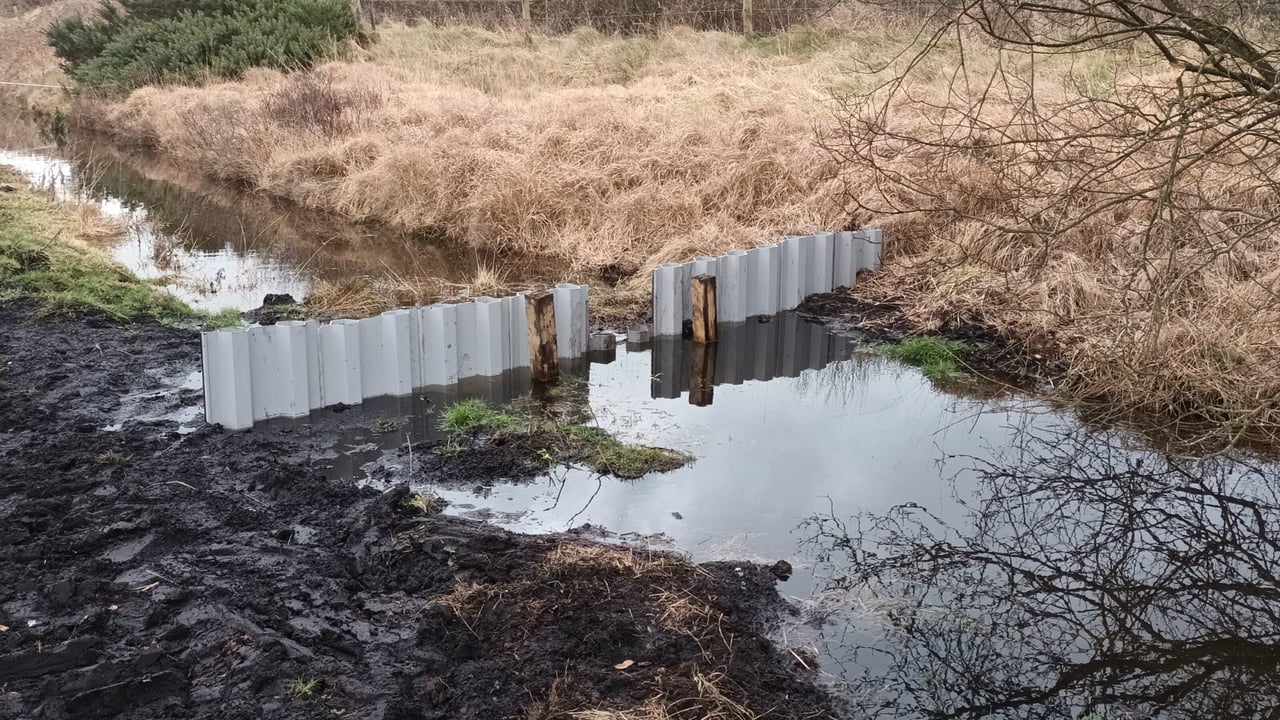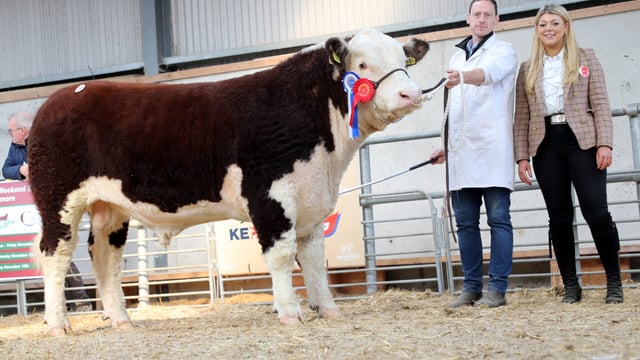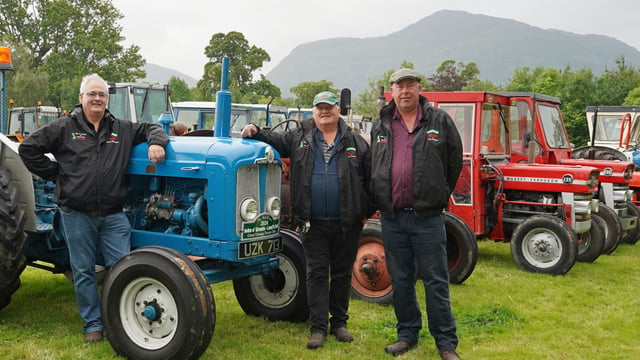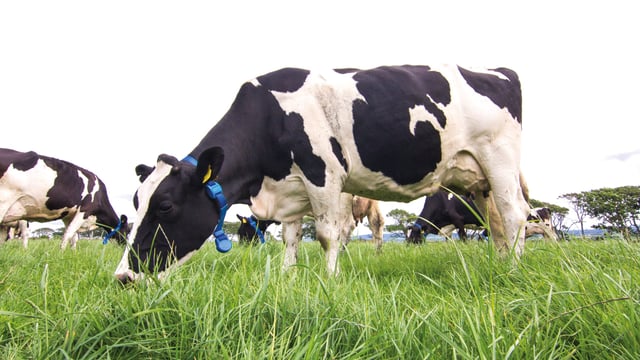FarmPEAT field trip and conference to take place next week
The FarmPEAT project will host its end-of-project field trip and conference, focused on how its scheme rewards farmers for delivering more for biodiversity, climate and water quality, next week.
Since 2021, the FarmPEAT project has been running a results-based scheme for farmers managing land that surrounds some of Ireland's "finest" remaining raised bogs.
Two project farms in Clara, Co. Offaly will be visited during the field trip. The first project farmer has completed drain blocking actions to improve his hydrological score, and in turn, his results-based payment.
The second project farmer is hosting one of the Eddy Covariance Flux Towers as part of Teagasc’s National Agricultural Soil Carbon Observatory (NASCO).
These towers monitor carbon uptake and release from agricultural land, and will refine the emission factors used for Ireland’s national greenhouse gas (GHG) inventory, according to FarmPEAT.
The conference will dive deeper into FarmPEAT’s farmer and community engagement work, as well as the results-based payments and supporting actions delivered by farmers.
Three panel discussions will focus on science and future payments for farmed peat soils, as well as farmers’ experiences of managing them and being part of FarmPEAT.
Topics such as peat wastage, farmers’ perceptions of raising the water table, the need for hydrological monitoring, and the role of public and private finance in delivering positive outcomes for nature will be explored.
All these topics are "key issues" for future agri-environmental schemes on agricultural peat soils. The end of the FarmPEAT project "marks a new beginning for water table management on farmed peat soils".
The conference will take place at the Radisson Blu Hotel, Athlone, Co. Westmeath on Thursday, October 24, from 9:30a.m until 4:00p.m. Registration on Eventbrite is required.
"Raised bogs are one of Ireland’s most valuable natural assets and their transition to surrounding farmland plays an important role in their conservation value.
"However, the drainage of agricultural peat soils results in them emitting 12t [of carbon dioxide (CO2) equivalent emissions per hectare per year] - the equivalent of running five family cars for a year.
"As a result, the Environmental Protection Agency [EPA] reports that overall national emissions from agricultural land management are largely due to the drainage and management of these organic soils," according to FarmPEAT.
Research has shown that by bringing up the water level in drained peat agricultural soils by just 10cm can cut three tonnes of CO2 equivalent emissions per hectare per year, according to the project.
This is why with FarmPEAT, rewetting does not mean flooding. Any increase in the water table is beneficial to GHG emissions reductions and there will be "financial gain" for the farmer if they achieve an increase in the results-based score.
The FarmPEAT project invites farming groups to visit its project sites in November and December this year to see how water table management works in practice.
The project is administered by Nature Based Agri Solutions Ltd. and is funded by the EU Recovery Instrument Funding under the Rural Development Programme 2014-2022.





